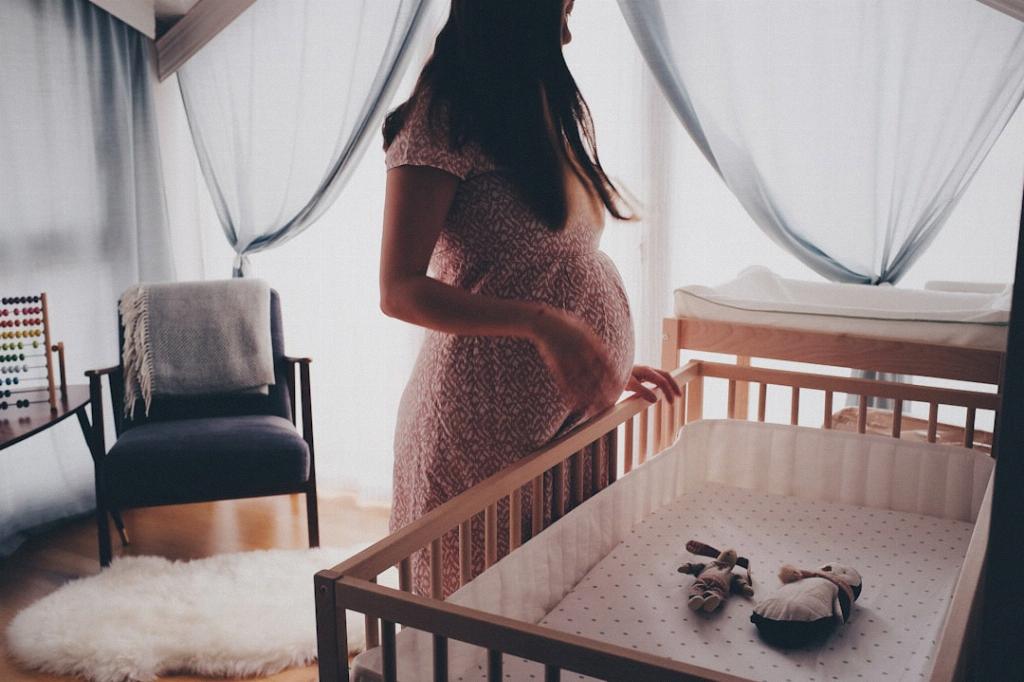When it comes to taking a home pregnancy test, the excitement and anticipation of seeing a positive result can be overwhelming. However, it’s crucial to understand that false-positive results are a rare but possible occurrence. It may leave you wondering, “Can a positive pregnancy test be a mistake?” Let’s delve into this topic and explore the potential reasons behind a false-positive outcome.
Understanding False-Positive Pregnancy Tests
A false-positive pregnancy test is when the test indicates that you are pregnant when, in reality, you are not. While these instances are uncommon, they can occur due to various reasons. One common cause of a false-positive result is a chemical pregnancy, where an early pregnancy loss happens shortly after implantation.
Factors Contributing to False-Positive Results
It’s essential to consider other factors that may lead to a false-positive pregnancy test, such as certain medications or medical conditions. Medications containing hCG (human chorionic gonadotropin) may interfere with the test results and cause a false-positive reading. Additionally, medical conditions like ovarian cysts or certain types of cancer can also impact the accuracy of the test.
Timing and Accuracy of Home Pregnancy Tests
The accuracy of a home pregnancy test largely depends on following the instructions correctly and taking the test at the right time. Testing too early or too late in your cycle could potentially result in a false-positive or false-negative outcome. To ensure the most accurate results, it’s recommended to wait until you’ve missed your period before taking a pregnancy test.
Implications of False-Positive Pregnancy Tests
Experiencing a false-positive pregnancy test can be an emotional rollercoaster for many individuals. The initial elation of believing you are pregnant followed by the disappointment of learning the truth can take a toll on one’s mental and emotional well-being. It’s essential to seek support and guidance if you encounter such a situation.
Consulting a Healthcare Provider
If you receive a positive result on a home pregnancy test but have doubts about its accuracy, it’s advisable to consult a healthcare provider for further evaluation. A healthcare professional can conduct a confirmatory test, such as a blood test or ultrasound, to determine whether you are indeed pregnant and address any concerns you may have.
False-Positive Results and Emotional Impact
The emotional impact of a false-positive pregnancy test should not be underestimated. It’s normal to experience a range of emotions, including confusion, disappointment, and anxiety. Seeking support from loved ones or a counselor can help you navigate through this challenging period and cope with the uncertainty that may arise.
Managing Expectations and Uncertainty
Coping with the uncertainty of a false-positive pregnancy test can be overwhelming, especially if you were hopeful about starting a family. It’s important to manage your expectations and understand that medical tests can sometimes yield unexpected results. Keeping a positive outlook and exploring all options for clarification can provide reassurance during this time.
Preventing False-Positive Pregnancy Tests
To minimize the risk of a false-positive pregnancy test, it’s crucial to carefully follow the instructions provided with the test kit and take the test at the recommended time. Avoiding medications that may interfere with the results and staying informed about your menstrual cycle can also help ensure the accuracy of the test.
Seeking Professional Guidance and Support
If you find yourself in a situation where you question the results of a home pregnancy test, don’t hesitate to reach out to a healthcare provider for guidance. Clear communication and understanding your options can alleviate any concerns or doubts you may have regarding the accuracy of the test.
Conclusion
In conclusion, while a positive pregnancy test is typically a cause for celebration, it’s essential to acknowledge the possibility of a false-positive result. By being aware of the factors that can contribute to inaccurate test readings and seeking professional guidance when in doubt, you can navigate through the uncertainties of early pregnancy testing with confidence and clarity.

